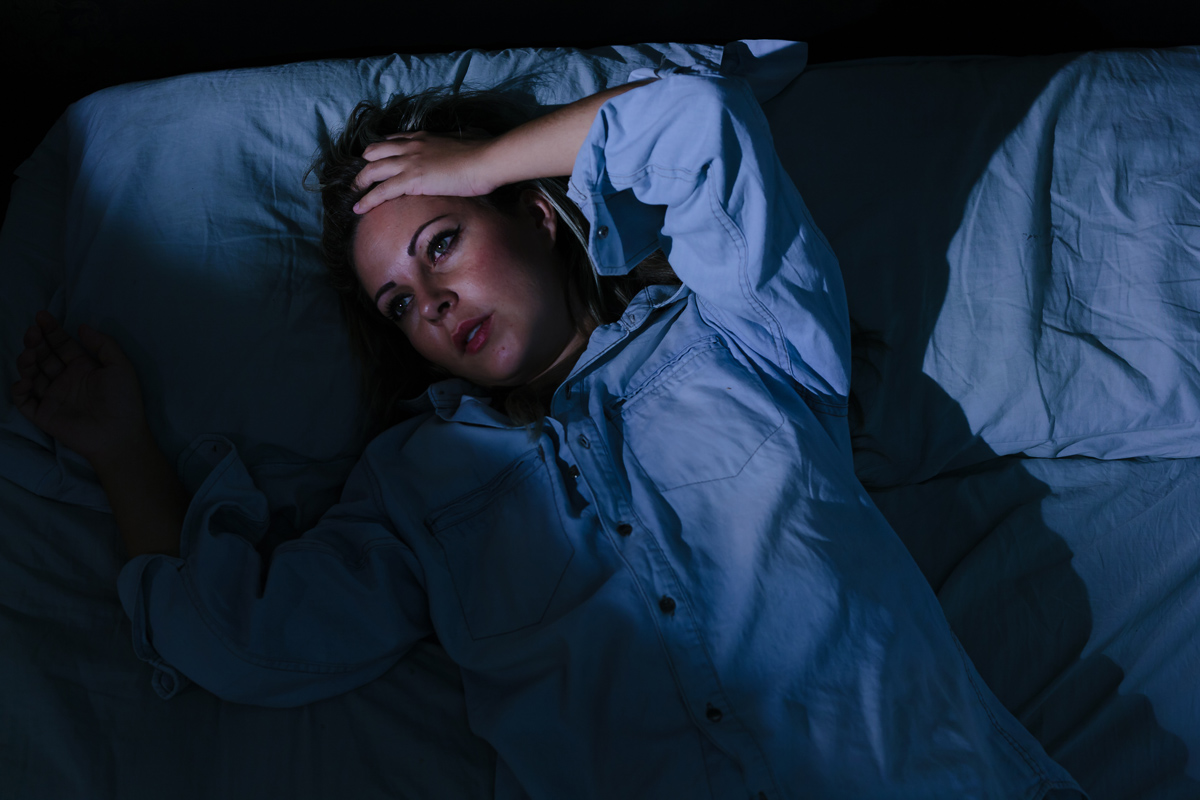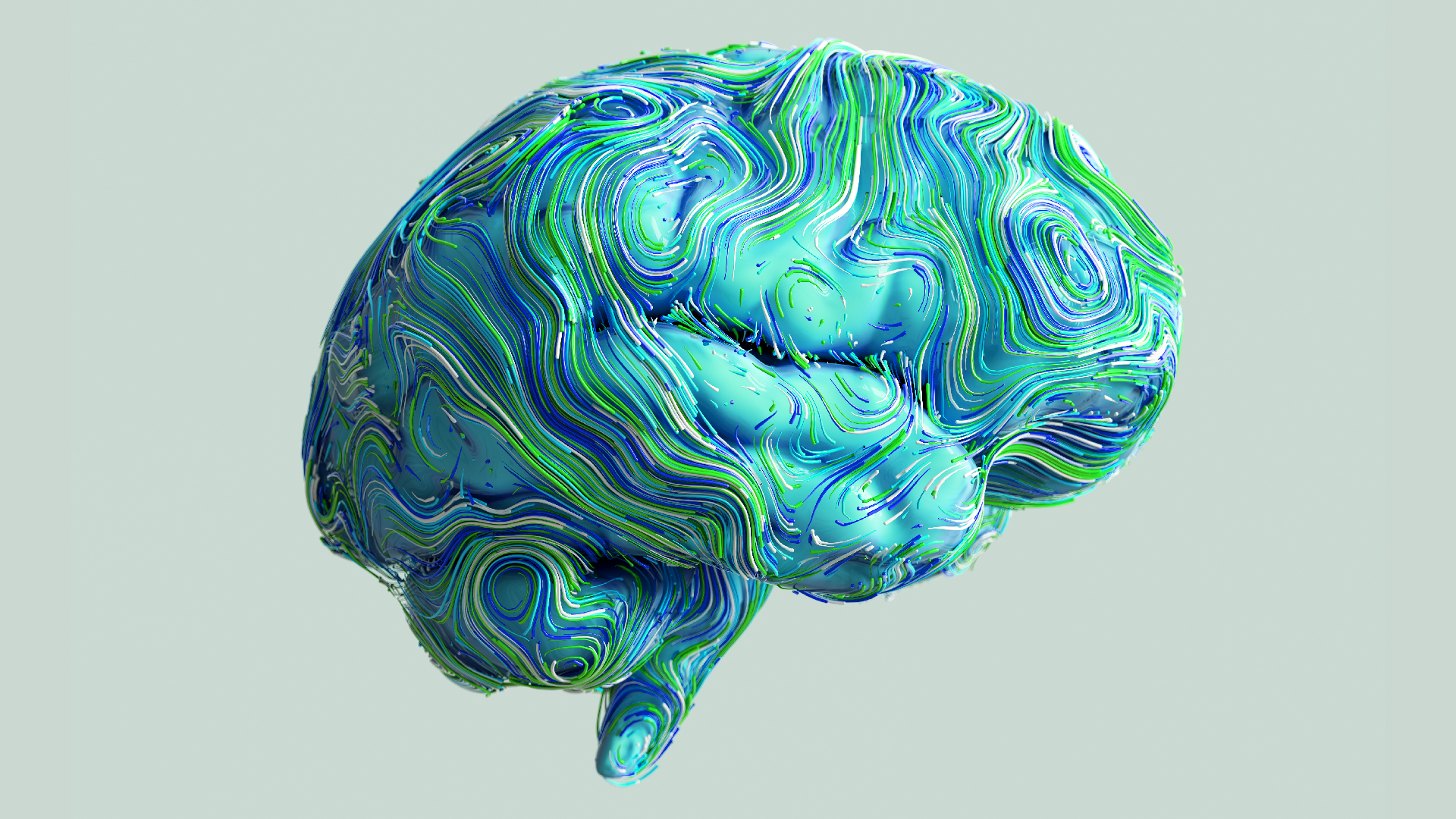The 8 Biggest Happiness Findings of 2017
Don't worry, be happy

There's no single formula for happiness. But scientists continue to investigate aspects of our lives that may affect our well-being, including social media use, exercise and even our posture.
Here are eight interesting things we learned in 2017 about the factors that may influence happiness and lower your odds of stress and depression.
How sharing can make kids happy

For young children, sharing can bring happiness, but only if they do it voluntarily, a study from China suggests.
The study looked at groups of 3- and 5-year-olds who were either pressured to share objects — in this case, stickers — or were given the opportunity to share voluntarily.
The researchers found, judging by facial expressions, that the kids were happier when they shared voluntarily, compared with when they kept the stickers for themselves. In contrast, the kids did not experience the same happiness boost when they were pressured to share.
The study suggested that children can experience a positive mood when they share voluntarily, which may lead to further sharing, the researchers said.
The study was published in the May issue of the journal Frontiers in Psychology.
Meditation could lower the body's stress signals

Practicing meditation could help your body handle stress better.
In one study, people with anxiety disorder who took a course in mindfulness meditation showed reduced levels of stress hormones and markers of inflammation during a stressful event, compared with how their bodies reacted before taking the meditation course. In contrast, participants who did not learn mindfulness meditation, but instead took a course in stress management, did not show similar reductions in the same measures during a stressful event.
Mindfulness meditation helps people learn to focus on the present moment, and accept difficult thoughts or feelings.
The study findings suggest that mindfulness meditation "may be a helpful strategy to decrease biological stress reactivity" in people with anxiety disorder, the researchers wrote in their study, which was published Jan. 24 in the journal Psychiatry Research.
Exercise may boost your mood

Even a little exercise may help combat symptoms of depression..
The study analyzed information from nearly 34,000 Norwegian adults, who were asked about their level of exercise as well as their symptoms of depression, and were followed for 11 years.
The study found that people who said that they never exercised at all at the beginning of the study were 44 percent more likely to develop depression, compared with those who said they exercised 1 to 2 hours per week.
The researchers estimated that, if all participants had exercised for at least 1 hour a week, 12 percent of cases of depression could have been prevented.
The researchers conclude that modest changes in a population's level of exercise could have substantial mental health benefits.
The study was published Oct. 3 in the American Journal of Psychiatry.
Hawaii is the happiest state … again

Could moving to Hawaii make you happier? Residents of the Aloha State certainly seem to know a thing or two about happiness — Hawaii frequently tops the list of happiest U.S. states in an annual poll.
Residents of Hawaii scored highest on Gallup-Healthways' annual survey of well-being in 2016, with a score of 65.2 out of 100. The results for the 2016 survey were released in February 2017. These results marked the sixth time that Hawaii has come out on top in the poll since Gallup-Healthways began conducting it in 2008.
The rankings are based on interviews with more than 177,000 U.S. adults in all 50 states. The researchers calculated a well-being score for each state, based on participants' answers to questions about different aspects of well-being, including their sense of purpose, social relationships, financial lives, community involvement and physical health.
Swipe right? Tinder could hurt self-esteem

Online dating apps aim to boost your love life, but the process may take a toll on your mental health, early research suggests.
In a recent study, researchers analyzed information from more than 800 college-age students who either used the online dating app Tinder, or didn't use the app. Participants were asked questions about their mood, self-esteem and body satisfaction levels.
The study found that Tinder users were more likely than nonusers to report negative feelings, such as feeling pressure to look a certain way, or experiencing negative moods.
Still, this doesn't mean you have to get off Tinder. To curb possible negative effects from online dating, the researchers recommend that people do not use Tinder as a means of self-validation — in other words, you shouldn't judge yourself by the number of matches you get. Users should also keep in mind that the photos they see of others are often selected to show a person at their very best, rather than in their day-to-day life.
The study was presented Aug. 3 at the American Psychological Association's annual meeting.
Tip for a better mood: Sit up straight

Simply sitting up straight may improve your mood, at least over the short term, a preliminary study from New Zealand suggests.
The study involved 61 people whose scores on a survey indicated that they had mild to moderate symptoms of depression. About half of the participants received instructions on how to adopt a good posture (sitting up straight), and the researchers also applied sports tape to the participants' backs in a manner that's been shown to improve posture. The other half of the participants were not given any instructions about posture, and had a few pieces of tape applied to their backs in a random manner.
The participants were then asked to fill out a survey about their mood. The results showed that people in the upright-posture group reported feeling more enthusiastic, more excited and stronger and less fatigued than the people in the regular-posture group.
Future work is needed to investigate the long-term effects of posture changes on mood, and whether adopting an upright posture could actually aid in treating depression, the researchers said.
The study was published in the March 2017 issue of the Journal of Behavior Therapy and Experimental Psychiatry.
Sleep troubles may affect depression risk

Trouble sleeping is often thought of as a symptom of other mental health conditions, such as depression and anxiety. But recent research suggests that lack of sleep itself may actually contribute to these mental health conditions. What's more, the findings suggest that improving sleep could aid in easing depression and anxiety.
The study involved more than 3,700 college students in the United Kingdom who had insomnia. Participants answered questions about their sleep and other mental health conditions at the beginning of the study and after a 10-week treatment for insomnia called cognitive behavioral therapy.
The study found that those who received the insomnia treatment had decreased levels of depression and anxiety, and improved psychological well-being, compared with those who didn't receive the treatment.
"For many people, insomnia can be part of the complex package of causes of mental health difficulties," the researchers said. The findings suggest that doctors who treat mental health conditions should give a higher priority to treating sleep difficulties than they currently do, the researchers said.
The study was published Sept. 6 in the journal The Lancet Psychiatry.
Too much Facebook may harm mental health

Many people jokingly lament that they spend "too much time on Facebook." But could overdoing it on the "likes" actually harm your mental and physical health?
A recent study suggests it might. The study, which analyzed Facebook data from more than 5,200 people, found that more activity on Facebook was linked with reduced well-being. For example, people who reported "liking" a lot of things on Facebook, or who updated their status more often, tended to report having worse mental health, than those who liked fewer things on Facebook or updated their status less often.
Although it's possible that people with worse mental health may seek solace in Facebook, the results held even after the researchers took into account people's reports of mental health at the beginning of the study, and their number of "real-world" friendships.
The findings suggest that, in some cases, Facebook use may be contributing to reduced well-being. Individual social media users might do well to curtail their use of social media and focus instead on real-world relationships," the researchers concluded.
Still, not all studies have found detriments to Facebook use, so some experts recommend that, until further research is conducted, people use social media sites in moderation.
Sign up for the Live Science daily newsletter now
Get the world’s most fascinating discoveries delivered straight to your inbox.

Rachael is a Live Science contributor, and was a former channel editor and senior writer for Live Science between 2010 and 2022. She has a master's degree in journalism from New York University's Science, Health and Environmental Reporting Program. She also holds a B.S. in molecular biology and an M.S. in biology from the University of California, San Diego. Her work has appeared in Scienceline, The Washington Post and Scientific American.










